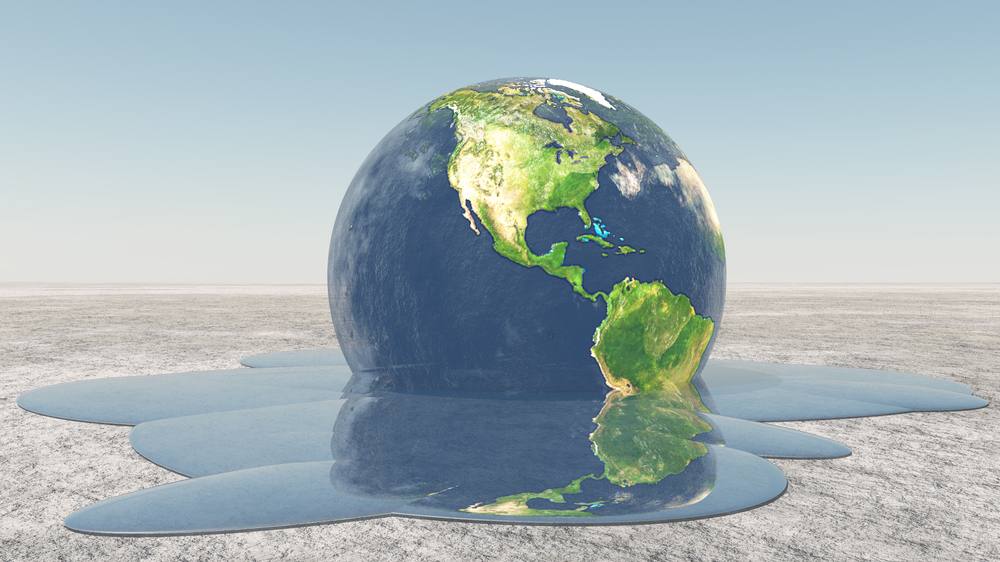
(Photo: Shutterstock)
On June 1, the Trump administration finally made the long-anticipated announcement that it was withdrawing from the Paris climate accord.
Make no mistake, this decision sends a very ugly message to the world.
It tells Pacific island nations threatened by sea level rise that the United States, which played a huge role in causing that rise, will not take responsibility for its actions.
It tells drought-ravaged farmers in Southern Africa that their plight is none of our concern — and that we’ll keep on pumping carbon dioxide into the air to make future droughts worse.
It tells coastal communities in the Philippines struggling to recover from the devastation of Typhoon Haiyan that we’re turning our backs on collective global action to reduce the chances of such a disaster striking again.
And it announces that we’re reneging on pledges to help poorer countries cope with the damage.
More generally, it underscores the arrogant American attitude towards the world that characterizes a lot of U.S. foreign policy — particularly, but certainly not only, under Trump.
And the world has noticed. When early rumors about a U.S. exit from the agreement were swirling, a Chinese official said that a U.S. exit would be “irresponsible.” An Ethiopian official termed it a “betrayal.” And an official from a small island state warned that such a decision would generate “ill feeling.”
More recently, in the weeks leading up to Trump’s decision, world leaders including the pope and German chancellor Angela Merkel urged the U.S. to remain in the Paris accord. U.N. Secretary General António Guterres had a blunt warning, too: “The sustainability train has left the station. Get on board or get left behind.” He didn’t name Trump or the United States, but he didn’t have to.
In short, pulling out of Paris is a colossal foreign policy mistake. Good luck to the Trump administration if it wants to get other countries to cooperate on anything it cares about in the future, if it walks away from a deal on the gravest existential threat humanity has ever faced.
But what would it mean for the climate itself if the U.S. had stayed in the accord?
…
